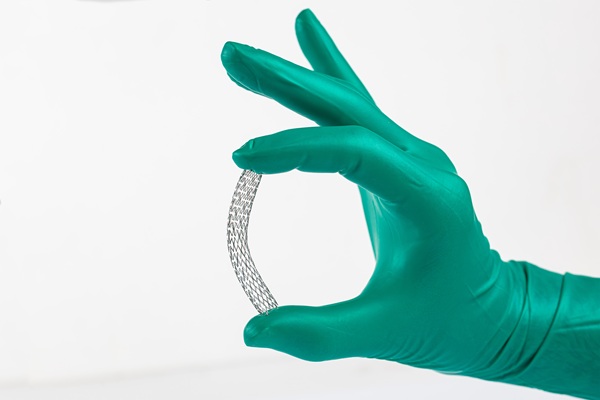Understanding Your Cholesterol Check: What is the Difference Between HDL and LDL Cholesterol?

Even though having high levels of cholesterol is bad for your health, the chemical compound plays a significant role in helping your body function. Your liver generates cholesterol that is used to support digestion, make vitamin D and hormones.
Unfortunately, your liver is not the only way cholesterol gets into your body. The food we eat, especially dairy products, contain cholesterol. If you consume too much of these things, your cholesterol levels will rise, increasing your chances of developing heart disease. This is one reason why doctors recommend getting a cholesterol check at least once a year.
What is the difference between HDL and LDL cholesterol?
High-density lipoprotein (HDL) and low-density lipoprotein (LDL) are the two types of cholesterol found in the body. The lipoproteins are made of proteins and fat. The cholesterol is transported through your body through the lipoproteins.
HDL is often referred to as the good cholesterol because it takes the cholesterol in your body to your liver to be removed. It also gets rid of the excess cholesterol in your body, making it less likely to clog your arteries.
LDL is often referred to as the bad cholesterol because it causes cholesterol to build up in your arteries. A large amount will clog the arteries, reducing blood flow to your heart. Having too much cholesterol can increase the risk of having blood clots in your arteries, which can lead to a heart attack or a stroke.
According to the American Cancer Society, at least 31 percent of Americans have high LDL cholesterol, but they are unaware that they do because there are no noticeable symptoms for high cholesterol.
Testing for high cholesterol
Getting a cholesterol check is one way to know how high or low your cholesterol levels are. When you get the test results, you will receive data for these four items.
LDL
This number determines how high or low the cholesterol in your body is. If the number is less than 130 mg/dL, you do not have heart disease, diabetes or blood vessel disease. If you have any of those conditions, your LDL level should be less than 100 mg/dL.
HDL
In this case, the reverse applies. The higher the number determined by the cholesterol check, the better your health. Ideally, the number should be higher than 45 mg/dL for males and 55 mg/dL for females.
Triglycerides
For this number, you want to be under 150 mg/dL. If your Triglyceride levels are high and your HDL is low or your LDL is high, you are at high risk of developing atherosclerosis.
Total blood cholesterol
This is a combination of your HDL, LDL and 20 percent of your triglycerides level. It gives doctors an overview of your general results.
Treating high cholesterol
High cholesterol can be treated in a variety of ways. Depending on your abilities and health, the doctor may suggest:
- Change of diet
- Regular exercise
- Reducing stress
- Quitting habits that are harmful to your health
- Medication
When was your last cholesterol check?
The American Heart Association recommends getting your cholesterol checked every four to six years. For people older than 40, you may need more frequent screening. If it has been some time since your last test, you can visit our urgent care center to review your cholesterol levels and other key health concerns.
Request an appointment here: https://boyntonbeach.floridapremiercardio.com or call Florida Premier Cardiology at (561) 229-1411 for an appointment in our Boynton Beach office.
Check out what others are saying about our services on Yelp: Cholesterol Check in Boynton Beach, FL.
Recent Posts
Coronary stent placement is a treatment for coronary artery disease, a buildup of plaque (fat and cholesterol) around the heart's arteries. Along with angioplasty, a stent helps restore blood flow to the heart, relieving symptoms such as chest pain and shortness of breath and helping prevent a heart attack. The following overview of coronary stent…
Heart disease treatment encompasses a range of interventions, from lifestyle changes and medications to surgical interventions. Individuals can manage their condition and improve their quality of life by working with a cardiologist. Successful heart disease treatment starts with the patient having the information they need to make informed decisions about their health.Also known as cardiovascular…
A heart specialist is a doctor specializing in diagnosing and treating cardiovascular conditions. Patients may be referred to one of these doctors for several reasons, from diagnosing a heart health issue to getting cleared for surgery. However, seeing a heart specialist is even more crucial for those either experiencing the signs of heart disease or…
Cardiologists perform angioplasty to open blocked arteries, specifically those caused by coronary disease. This minimally invasive alternative to open heart surgery can restore proper blood flow to the heart and often reverse the fast track to a heart attack. However, learning when one is necessary is crucial for treatment success.Coronary artery disease (CAD) is a…


